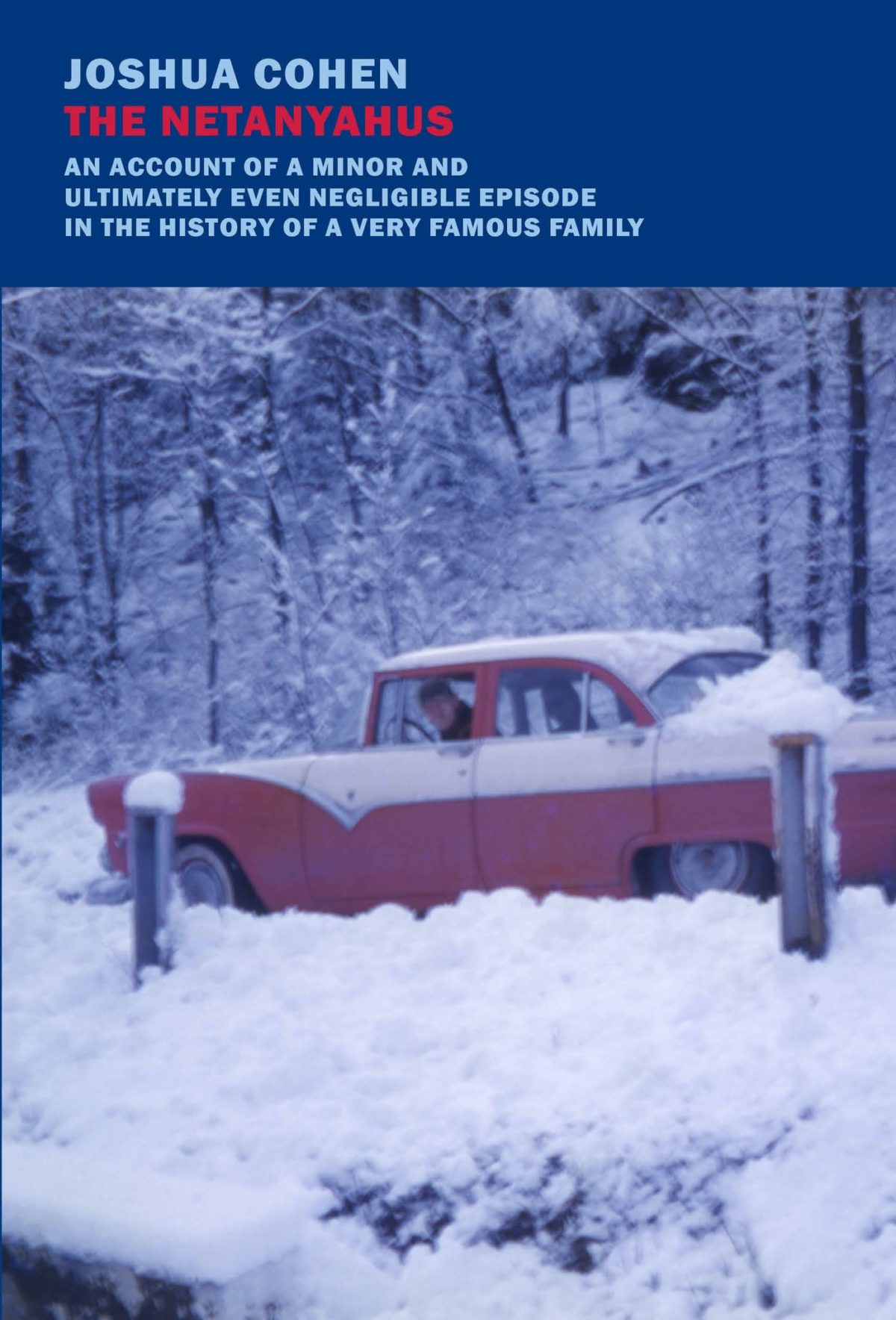
Netanyahu is history to begin with. The consignment of the ninth prime minister of Israel to the history books was ultimately engineered by the most unlikely coalition in the Knesset. The alliance’s chief purpose, it seems, was to sweep corruption-prone Bibi under the proverbial rug—maybe the rug of history.
You have reached your article limit
Sign up for a digital subscription and continue reading all new issues, plus our entire archives, for just $1.50/month.
Already a subscriber? Sign in




